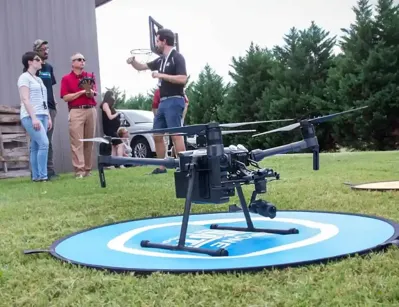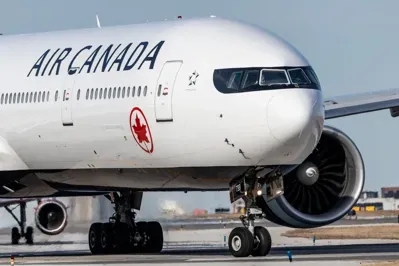Embarking on the journey to become a pilot is an exciting blend of skill, commitment, and passion. A crucial first step is selecting a flight school that matches your goals and aspirations. Whether your aim is to earn a private pilot license or to launch a professional aviation career, making an informed choice about your training institution is key to a successful future in the skies.
![]()
Types of Flight Schools and Training Programs
Flight schools differ significantly in their focus, curriculum, and offerings:
- Private Pilot Certification: Some schools specialize in foundational training for hobbyist or recreational pilots.
- Comprehensive Training: Others provide end-to-end programs that include commercial pilot licenses (CPL), instrument ratings, and multi-engine certifications.
Before making a decision, ensure the school’s programs align with your specific aviation goals, whether they are personal or career-oriented.
Why Accreditation and Reputation Matter
Accreditation ensures the flight school meets established quality and safety standards. Schools certified by recognized aviation authorities—such as the FAA in the United States or EASA in Europe—guarantee thorough and compliant training programs.
- Reputation: Look for reviews and testimonials from alumni to gain insight into the institution’s success rate and overall quality of education.
- Networking Potential: Established schools often have strong connections in the aviation industry, providing a head start for aspiring professional pilots.
Evaluating Fleet and Facilities
The aircraft and training facilities a school provides significantly impact your learning experience:
- Modern and Well-Maintained Fleet: Flying in reliable, updated planes enhances safety and builds confidence.
- Advanced Facilities: Access to simulators, well-equipped classrooms, and ground training resources creates a comprehensive and effective learning environment.
If possible, visit prospective schools to assess their fleet and facilities firsthand.
The Role of Skilled Instructors
Flight instructors are central to your development as a pilot. Ensure the school employs experienced and certified professionals:
- Qualifications: Inquire about their teaching certifications and accumulated flight hours.
- Teaching Style: Consider how their philosophy aligns with your preferred learning style for a smoother training experience.
Having supportive and knowledgeable instructors can make a significant difference in your aviation journey.
Costs and Financial Support Options
Flight training is a substantial investment. Understanding the financial commitment involved is essential:
- Tuition and Fees: Compare program costs, hourly flight charges, and additional expenses like testing or study materials.
- Financial Aid: Check whether schools offer scholarships, loans, or financing partnerships to make training more affordable.
Budgeting carefully and exploring financial support options can ease the financial burden of becoming a pilot.
Location and Weather Considerations
Where the school is located can directly affect the frequency and quality of your flight training:
- Favorable Weather: Schools in regions with stable weather conditions provide consistent opportunities for flight hours.
- Proximity and Housing: Choose a location that balances accessibility, convenience, and potential living arrangements.
A location conducive to frequent flying sessions can expedite your path to certification.
Career Services and Networking Opportunities
Some flight schools go beyond training and offer resources to help you transition into a career:
- Placement Programs: Schools with airline partnerships or internship opportunities provide a direct route to professional aviation.
- Industry Connections: Alumni networks and industry ties can open doors to job opportunities and mentorship.
Schools that invest in your career readiness offer an added advantage for those aiming to become professional pilots.
By considering factors such as accreditation, cost, location, and career support, aspiring pilots can select a flight school that fits their individual needs. Choosing the right school lays the groundwork for a fulfilling and successful career in aviation, helping you soar toward your dreams. 4o


